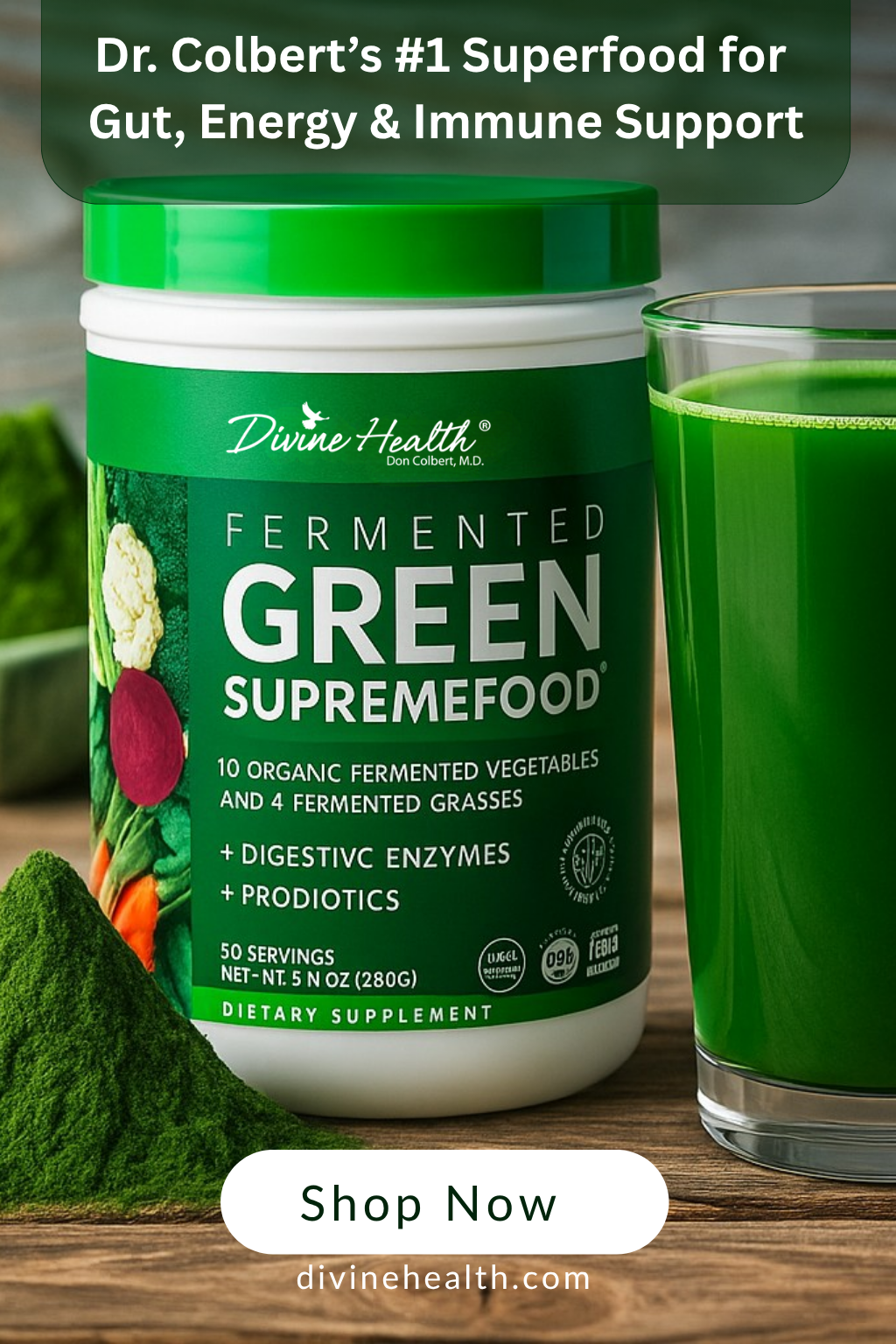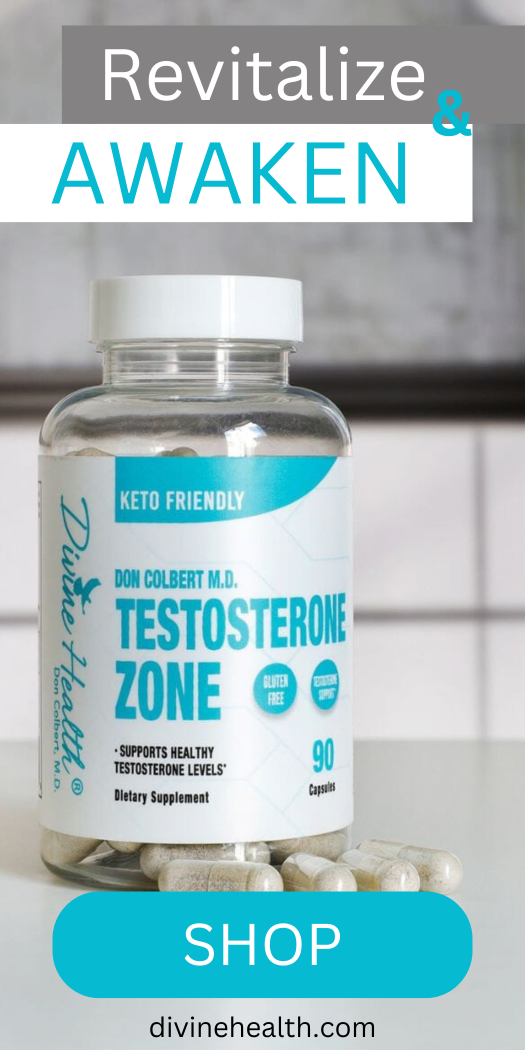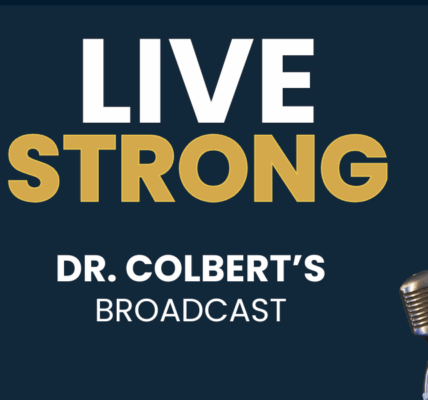Cheese has been on the naughty list for a long time, but thankfully, Keto Zone dieters don’t need to cut this infamous dairy product from their meals. In fact, cheese’s high-fat, high-protein macronutrients make it the perfect keto-friendly food to maintain ketosis and aid fat-burning.
With that said, consuming cheese comes with a catch! Unfortunately, not every cheese is made equal, but this guide tells all. From figuring out how to choose the right kind to know which to avoid, let’s get into the nitty-gritty of this classic food.
Benefits of Cheese on Keto Zone
Cheese has a surprisingly huge laundry list of benefits: (1,2,3)
- Prevents viruses and heart disease (take a quick look at The Keto Diet and Heart Disease: What You Need to Know!)
- Improves gut health by providing good bacteria
- Holds valuable minerals like magnesium, zinc, and selenium which can reduce blood pressure, boost the immune system, and reduce your risk of cancer
- Includes alpha-linoleic acid, an omega-3 fatty acid that lowers inflammation
- Contains oleic acid which stabilizes cell membranes.
- High in calcium, vitamins A, K2, and B12, zinc, riboflavin, and phosphorus
Right alongside its advantages is how easy it is to include in your diet. Cheese’s taste and texture makes it the perfect addition to salads, eggs, and virtually any savory meal or snack, like these Keto Broccoli Cheese Bites.
How to Choose the Right Cheese
There are four ways to tell if the cheese you’re eyeing is good for you:
- It’s not homogenized
- It’s not pasteurized
- It’s organic
- It’s grass-fed
Homogenized and pasteurized milk goes through unique shelving and preserving process that can often ruin some of its nutritional content. When processed milk is used to make cheese, it can ruin the cheese’s nutrients as well.
Buying organic is crucial for dairy products. Organic means the milk came from an animal that was fed a pure diet without any synthetic hormones, which means you, in turn, aren’t ingesting any chemicals or hormones that can wreak havoc on your body.
Grass-fed is also important because it’s the natural diet for cows. Dairy animals fed grains or artificial foods tend to have less nutritional content in their milk, which means you aren’t consuming as many nutrients as well.
Best Cheeses to Eat on Keto Zone
Cheeses that are low-carb and high-fat with a good number of probiotic bacteria are your best bet on the keto diet. Here are some top choices:
- Brie
- Cheddar
- Colby
- Cream Cheese
- Feta
- Havarti
- Monterey Jack
- Parmesan
- Provolone
- Swiss
And these are just the tip of the iceberg! There are hundreds of cheese options to choose from, and as long as you stick with the low-carb, high-fat, organic, and grass-fed rules, you should be good on the keto-friendly front.
Need another good cheese recipe? Make Keto Zone Cauliflower Mac and Cheese for a deliciously cheesy, low-carb meal!
Cheeses to Avoid on Keto Zone
Highly processed and high-carb cheeses won’t work on the keto diet. Processed cheeses often contain artificial preservatives, dyes, flavors, and sugars, which only contribute to more inflammation in your body. Try to avoid these:
- Bagged pre-shredded cheese
- Low-fat or reduced-fat cheese
- Vegan cheese substitutes like soy cheese
- American cheese pre-sliced singles
- Cottage cheese
- Canned or spray cheese
Although the above cheeses may seem like great, easy options, they’re all either loaded with carbohydrates, sodium, or harmful chemicals that do more harm than good. Instead of buying pre-shredded, you can always grate your own at home!
It should also be noted that for those with lactose intolerance or an allergy to the milk protein, casein, the benefits of cheese don’t overrule your symptoms. If you have reactions like gas, bloating, diarrhea, cramping, hives, or itching after eating cheese, it’s best to stay away from eating it all together.
Bottom Line
As long as you take care in choosing the right kind, cheese is a great way to increase your fat and protein intake. Go ahead and add some organic, grass-fed cheese to your holiday cheese platter this season and reap the keto benefits!










